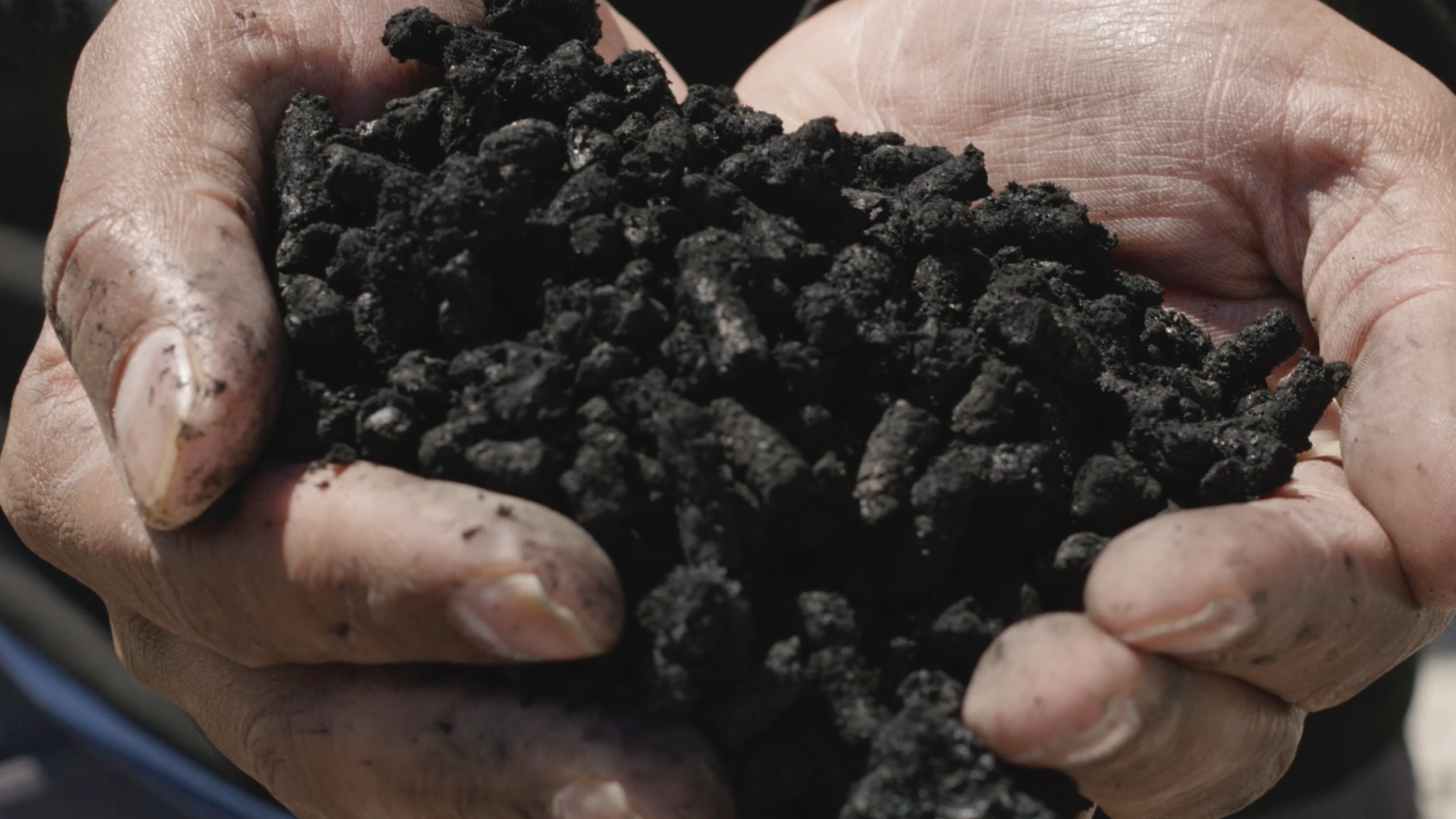BCR Biochar for horticulture combines the best qualities of both organic and inorganic substrate constituents. This means that it provides a stable, high-performance growing medium without the common drawbacks of either. Unlike organic materials such as peat, which decompose over time and release CO₂, BCR biochar has a highly durable carbon structure which ensures long-term aeration. At the same time, it has the water-holding and cation exchange properties of high-quality organic matter thus allowing plants to access nutrients and water efficiently. As a result, this combination makes BCR biochar an optimal component in growing media.
Unlike inorganic alternatives such as perlite or rock wool, BCR biochar provides a more sustainable and environmentally friendly solution. Many traditional inorganic substrates require energy-intensive production processes. BCR biochar, however, is produced through a carbon-negative process, actively removing CO₂ from the atmosphere while enhancing substrate performance. Additionally, its porous structure supports beneficial microbial activity, creating a more balanced and resilient growing environment. This makes it particularly valuable in controlled horticultural systems, where maintaining substrate consistency and sustainability is key. and do not contribute to soil health when disposed of
BCR biochar plays a crucial role in making the industry more sustainable. With increasing pressure to reduce reliance on non-renewable materials, growers need solutions that improve resource efficiency without compromising on yield. By incorporating BCR biochar into growing media, growers can enhance substrate longevity, optimize water and nutrient use, and contribute to a circular economy. As regulations tighten around peat extraction and environmental impact, BCR biochar provides a future-proof alternative that supports both productivity and sustainability in professional horticulture.


